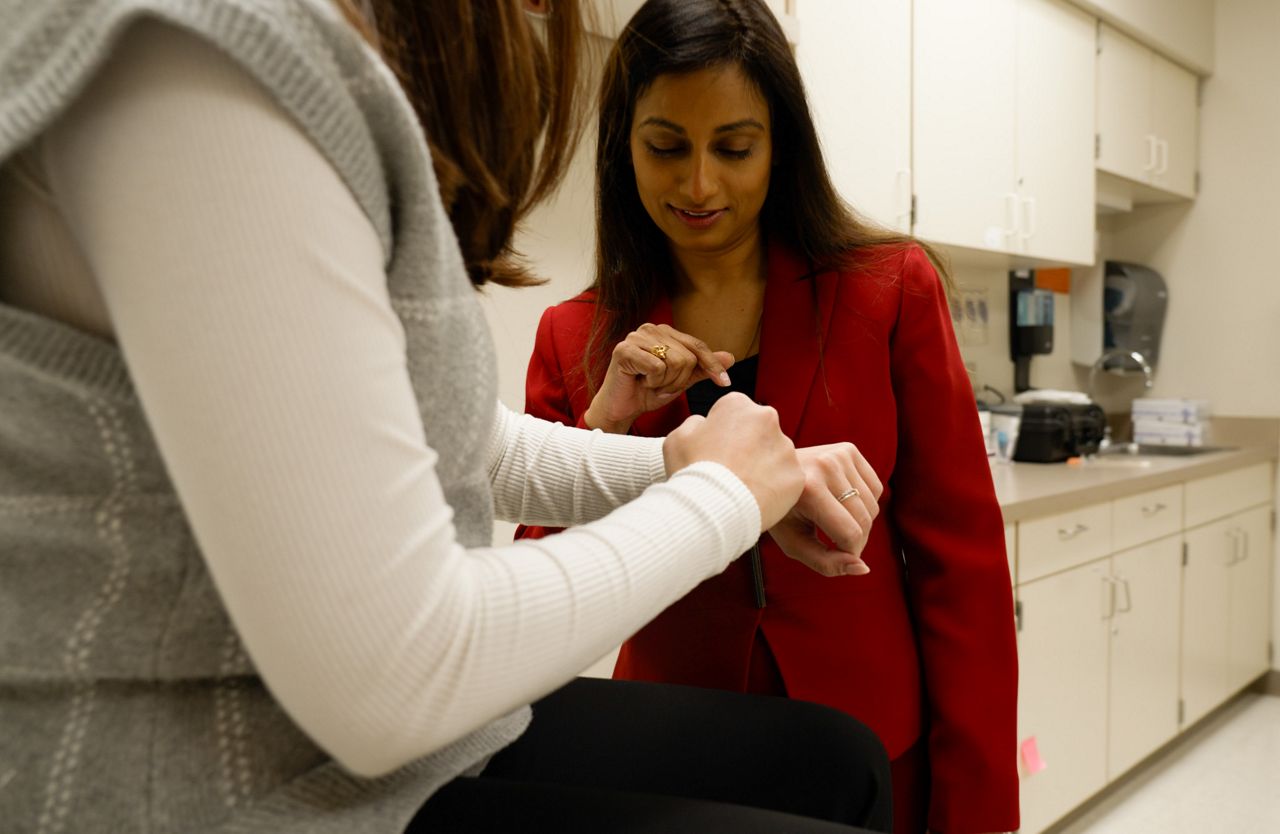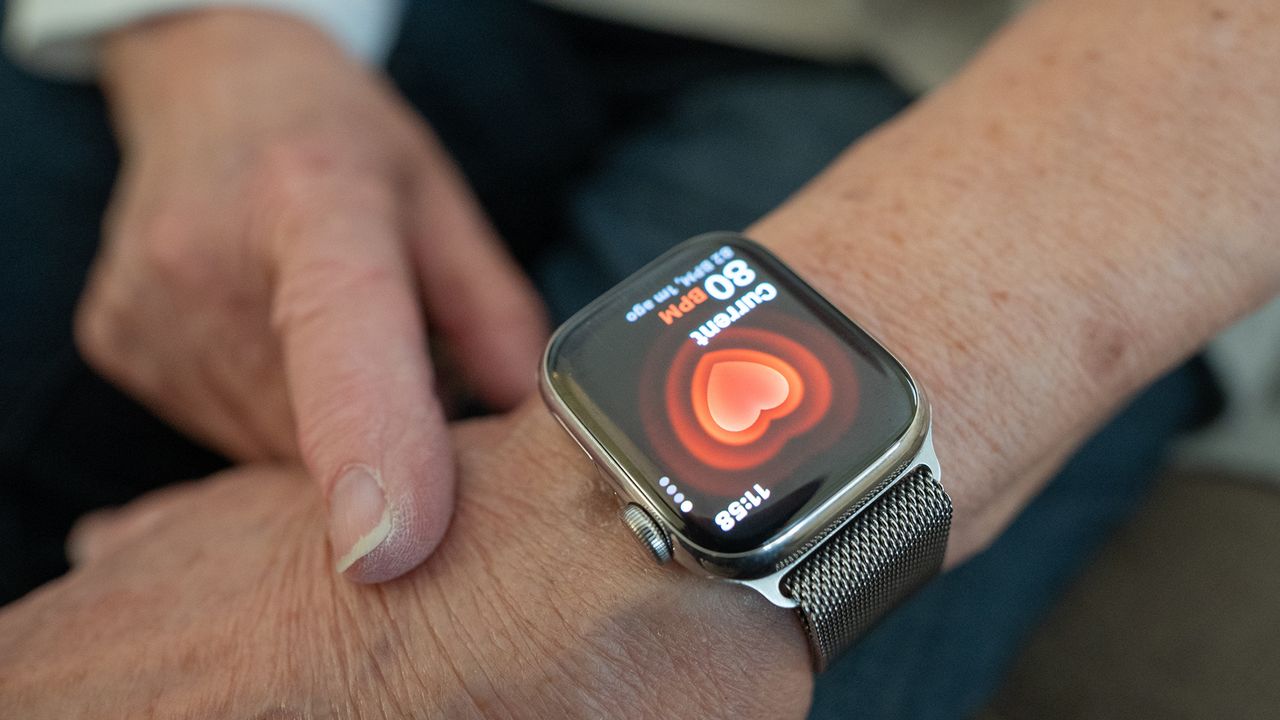OHIO — We see them everywhere we go — Apple Watches, Fit Bits, Garmin watches, Oura rings and more.
In 2023, more than a quarter of Americans wore a smartwatch or other connected device to monitor their health and fitness in 2023, according to Insider Intelligence/eMarketer. These devices help monitor resting heart rate, sleep cycles and more. But while this data collects, a new study from the Ohio State Wexner Medical Center found very few actually share this information with their doctor.
The survey had 1,008 respondents and was conducted by a national, twice-per-month, probability-based survey. Data collection was conducted from Dec. 16 to Dec. 18, 2024 among the sample.
The results shows nearly two-thirds of the respondents used a device regularly to monitor their heart health, most of them with a smartwatch (32%). Respondents also used a portable blood pressure machine (31%), fitness app (19%) or a wearable fitness/movement tracker (13%).
Of those who use a device, the survey shows just 1 in 4 of them shared the data with their doctor.
“These self-monitoring devices are really helpful to patients and their health care providers because they can potentially catch things early. For example, if patients are monitoring their blood pressure at home and notice it’s been going up over time, they may want to discuss it with their doctor sooner rather than waiting for their annual visit. Or they may capture some irregular heart rhythms on their devices, like atrial fibrillation, much sooner than would be diagnosed at the doctor’s office,” said Dr. Laxmi Mehta, director of Preventative Cardiology and Women’s Cardiovascular Health at the Ohio State Wexner Medical Center and Sarah Ross Soter Endowed Chair for Women’s Cardiovascular Health Research.

Mehta used the example of a patient named Sue VanWassenhove, a 78-year-old who was recently gifted a smartwatch to track her health. VanWassenhove has sleep apnea, and when the watch showed a pattern of her heart rate dropping, she shared that information with Mehta.
“A normal heart rate is between 60 to 100 beats per minute without exercise. Heart rates can vary due to heart conditions or a variety of non-heart related reasons such as infection, dehydration, anxiety or thyroid disorders. When someone’s heart rate or rhythm seems different than usual, it’s best for them to speak with their doctor,” Mehta said.
The American Heart Association recommends 150 minutes of moderate intense aerobic exercise per week, or 75 minutes of vigorous exercise to help maintain a healthy heart. Devices can come with a variety of tools to monitor heart rate, including an EKG test, which VanWassenhove said she can send the results to her doctor.
"A smartwatch is very empowering because I’m not being passive with my healthcare. I have some heart issues that need monitored, and it’s important for me to talk to my cardiologist or primary care doctor about any health issues that show up on my watch,” VanWassenhove said.
Overall, researchers said it's important to share the information a device collects with doctors, as it could spot issues ahead of time and be proactive on treatment.



